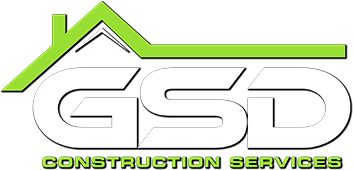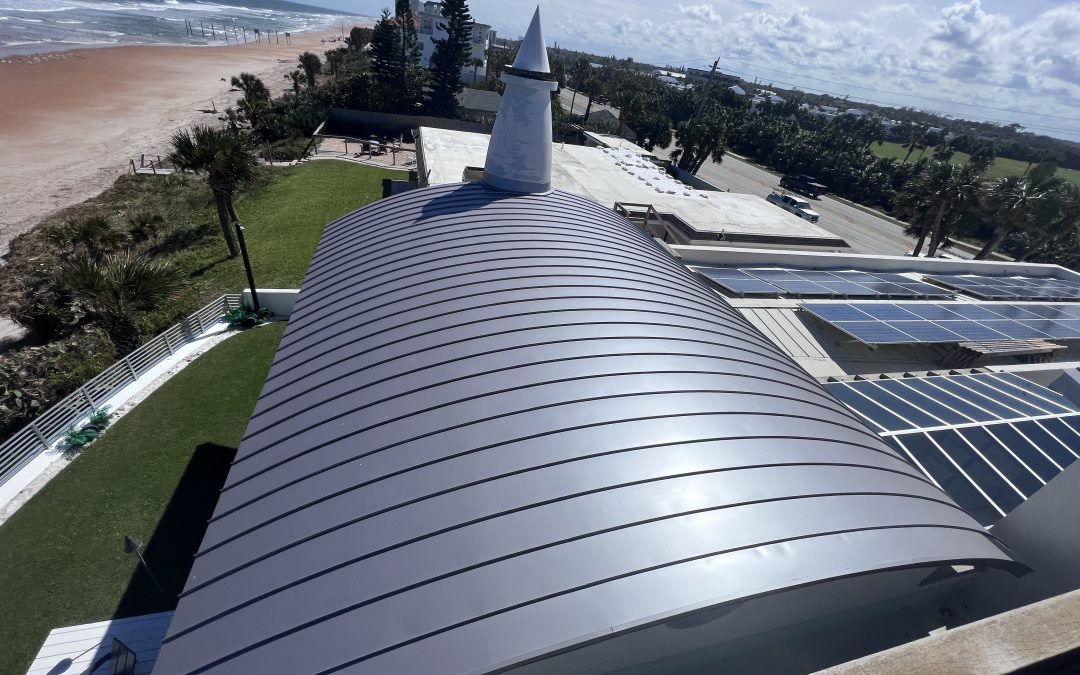The pros of having a metal roof include:
-
Durability: Metal roofs are known for their longevity and resistance to extreme weather conditions, such as high winds, heavy rain, and even fire. They can last for up to 50 years or more with proper installation and maintenance. This is longer than many other roofing materials, such as asphalt shingles which typically lasts 20-25 years.
-
Energy efficiency: Metal roofs reflect sunlight, which can help keep your home cooler in the summer. This can lead to energy savings on your air conditioning costs. Additionally, metal roofing can also be painted with a reflective coating that is specifically designed to reflect the sun’s rays, and keep your home cool.
-
Low maintenance: Metal roofs require very little maintenance, as they don’t rot, warp, or become infested with pests. In most cases, a simple rinse with a hose is sufficient to keep your metal roof clean.
-
Lightweight: Metal roofs are relatively lightweight, which means they can often be installed on top of an existing roof, saving you the cost and hassle of tearing off the old roof. This can also reduce labor costs during installation.
-
Variety of colors and styles: Metal roofs are available in a wide variety of colors and styles, so you can choose the one that best matches the aesthetic of your home. This includes various options like standing seam, corrugated, and even shingles.
-
Recyclability: One of the best things about metal roofs is that they are 100% recyclable. Once a metal roof reaches the end of its life, it can be taken down and melted down to make new metal roofs, or other building materials.
The cons of having a metal roof include:
-
Cost: Metal roofs can be more expensive than other types of roofing materials, such as asphalt shingles. This is because metal is typically a more expensive material than asphalt. However, it is worth considering that the longer lifespan of a metal roof, and the fact that it requires less maintenance than other types of roofs, can make it more cost-effective in the long run.
-
Noise: Metal roofs can be noisy during heavy rain or hail storms. Because of the way that metal roofs are constructed, they can be more prone to noise than other types of roofs. This can be mitigated by adding insulation, or installing a sound-deadening membrane underneath the metal roof.
-
Denting: Metal roofs can dent if hit by heavy objects, such as hail or falling branches. This can be more of a concern if you live in an area that is prone to severe weather. However, some metal roofing materials are more dent-resistant than others, so it’s worth doing your research and choosing a material that is appropriate for your location.
-
Expansion and contraction: Metal roofs expand and contract with temperature changes, which can cause the screws and seams to loosen over time. This can lead to leaks if the roof is not properly installed and maintained. However, this problem can be minimized by using a roofing contractor with experience in metal roof installation.
-
Installation: Metal roofs require a certain level of expertise and specialized tools to install properly. A professional and experienced contractor would have knowledge on how to install it properly. It is not recommended to attempt to install metal roofing as a DIY project.
Overall, while there are some downsides to metal roofs, they can be a great choice for many homeowners. The durability, energy efficiency, and low maintenance requirements of metal roofs make them a cost-effective and practical choice. Additionally, the variety of colors and styles available allows homeowners to choose.
Contact us today if you’re interested in metal roofing for your home or business!





